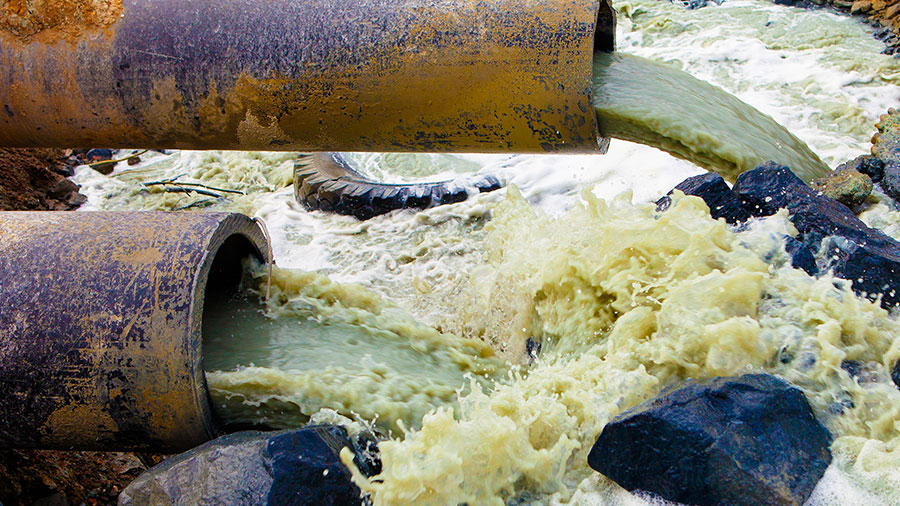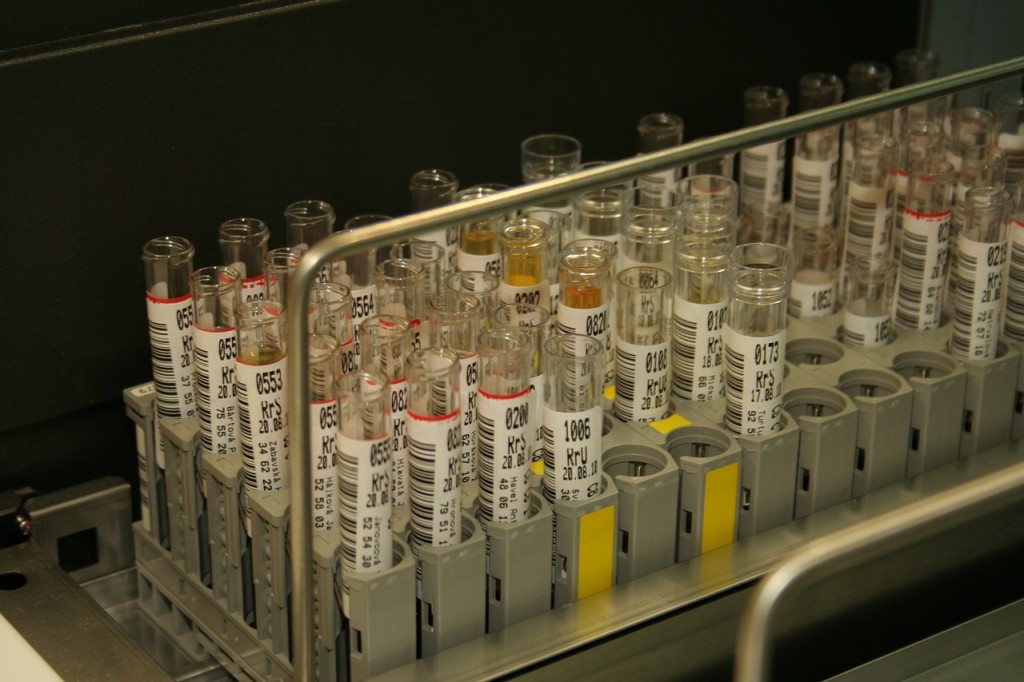Comprehending the Comprehensive Refine of Fluid Garbage Disposal: Ideal Practices and Environmental Influence Factors To Consider
The management of fluid waste disposal is a complex problem that calls for an extensive understanding of different finest practices and their linked ecological influences. From the sorts of liquid waste produced to the techniques employed for collection, therapy, and last disposal, each action plays an essential duty in securing communities and public health and wellness. As regulatory standards advance and innovation developments, the conversation around these procedures ends up being significantly pertinent. What implications do these adjustments hold for future sustainability efforts, and exactly how can stakeholders make certain that they are effectively resolved?
Sorts Of Fluid Waste
Comprehending the numerous kinds of liquid waste is important for effective administration and disposal techniques. Fluid waste can be extensively classified right into several kinds, each requiring one-of-a-kind handling and treatment methods.
Industrial fluid waste usually includes harmful products, consisting of heavy metals, solvents, and chemicals, created during producing processes. These wastes demand rigorous regulative conformity to secure human health and wellness and the atmosphere. Domestic liquid waste mostly describes wastewater generated from homes, including sewage and greywater, which, although less toxic, can still pose significant dangers if poorly taken care of.
Agricultural liquid waste, including overflow from farms, typically contains fertilizers and pesticides that can lead to environmental destruction otherwise dealt with adequately. Medical liquid waste, generated from healthcare facilities, consists of contaminated fluids such as bodily liquids and chemicals, needing specialized disposal techniques to avoid infection and environmental contamination.
Lastly, oil and oil waste, generally generated by dining establishments and vehicle industries, can trigger serious obstructions in sewer systems otherwise managed correctly. Understanding these categories facilitates targeted techniques for treatment, compliance with laws, and reliable disposal techniques, inevitably promoting environmental sustainability and public wellness safety and security.

Collection Approaches
Effective collection approaches are important for the proper management of fluid waste, guaranteeing that it is collected securely and effectively before therapy or disposal. Different strategies are employed depending upon the type of fluid waste generated, the quantity, and the certain qualities of the waste.
One common technique is using committed collection storage tanks or sumps, which are designed to catch fluid waste at the source. These systems typically include pumps that assist in the transfer of waste to bigger storage containers or treatment facilities. In addition, mobile collection units furnished with vacuum technology are utilized in scenarios where waste is generated periodically or in hard-to-reach locations.
For commercial setups, closed-loop systems can efficiently decrease spills and leakages, permitting the recovery and reuse of liquid waste. It is additionally necessary to educate employees on proper collection procedures to reduce threats related to dangerous compounds.
Additionally, applying regular maintenance routines for collection tools guarantees ideal efficiency and safety and security. The assimilation of sophisticated surveillance systems can boost collection efficiency by providing real-time data on waste degrees and possible threats. In general, reliable collection techniques are foundational to sustainable liquid waste administration practices.
Treatment Procedures
Treatment processes play an essential duty in the monitoring of liquid waste, changing possibly unsafe materials into secure effluents or multiple-use sources - liquid waste disposal. These processes can be generally categorized into physical, chemical, and biological methods, each tailored to resolve details impurities existing in the waste stream
Physical therapy techniques, such as sedimentation and filtration, job by removing suspended solids and particle issue. These methods are typically the very first step in the treatment chain, properly minimizing the lots on succeeding processes. Chemical therapies include using reagents to reduce the effects of dangerous compounds, precipitate hefty metals, or oxidize organic toxins, consequently improving the safety of the effluent.
Organic treatment processes, consisting of activated sludge systems and anaerobic digestion, maximize the natural capacities of bacteria to weaken organic issue. These approaches are especially reliable for wastewater including eco-friendly toxins. Advanced treatment innovations, such as membrane layer filtration and advanced oxidation procedures, are progressively used to achieve higher levels of filtration.
Incorporating a combination of these treatment approaches not just ensures conformity with regulatory requirements however additionally advertises ecological sustainability by recovering important sources from fluid waste.
Disposal Options
How can companies ensure the liable and safe disposal of liquid waste? Efficient disposal alternatives are essential for protecting public wellness and the environment. The primary methods include land incineration, therapy, and disposal adhered to by discharge right into community wastewater systems.
Land disposal involves the mindful containment of liquid waste in designated landfills, guaranteeing that it does not seep right into bordering dirt or water. Incineration, on the various other hand, topics liquid waste to heats, converting it right into ash and gases, which call for correct filtration to reduce emissions. This method is suitable for dangerous wastes that can not be treated through conventional means.
In situations where fluid waste can be treated, organizations might choose chemical or biological therapy procedures to reduce the effects of harmful components before releasing the dealt with effluent into local systems. This path usually lines up with regulatory needs, ensuring that the effluent fulfills security standards.
Ultimately, organizations should conduct thorough analyses of each disposal choice to identify its practicality, considering variables such as waste structure, regulatory compliance, and possible risks to wellness and the atmosphere. By selecting ideal disposal techniques, businesses can add to a responsible waste management approach.
Environmental Influence
The ecological influence of liquid waste disposal is a crucial consideration for organizations looking for to lessen their environmental impact. Additionally, the discharge of unattended or inadequately dealt with waste into surface area waters can result in eutrophication, leading to oxygen deficiency my site and the subsequent death of fish and various other organisms.

To mitigate these effects, organizations must embrace finest practices such as carrying out extensive waste therapy procedures, advertising recycling and reuse, and sticking to regulative standards. By taking an aggressive technique to liquid waste administration, entities can significantly decrease their environmental footprint while supporting sustainable development objectives. Inevitably, an extensive understanding of the environmental effects related to fluid waste disposal is necessary for informed decision-making and liable stewardship of natural deposits.
Conclusion
Effective administration of liquid waste is essential for protecting ecological stability and public health. Inevitably, a thorough understanding of fluid waste disposal not just alleviates ecological effects however Continued also promotes a dedication to liable resource administration and ecological stewardship.
The administration of liquid waste disposal is a complex problem that needs a detailed understanding his explanation of different ideal techniques and their linked environmental influences. From the types of liquid waste produced to the techniques employed for collection, treatment, and final disposal, each step plays a crucial role in securing communities and public health and wellness.The ecological influence of fluid waste disposal is a vital factor to consider for organizations seeking to decrease their eco-friendly impact. Eventually, a thorough understanding of the environmental impacts associated with fluid waste disposal is necessary for informed decision-making and liable stewardship of natural sources.
Inevitably, a comprehensive understanding of liquid waste disposal not only mitigates ecological influences yet likewise cultivates a dedication to liable source administration and environmental stewardship.